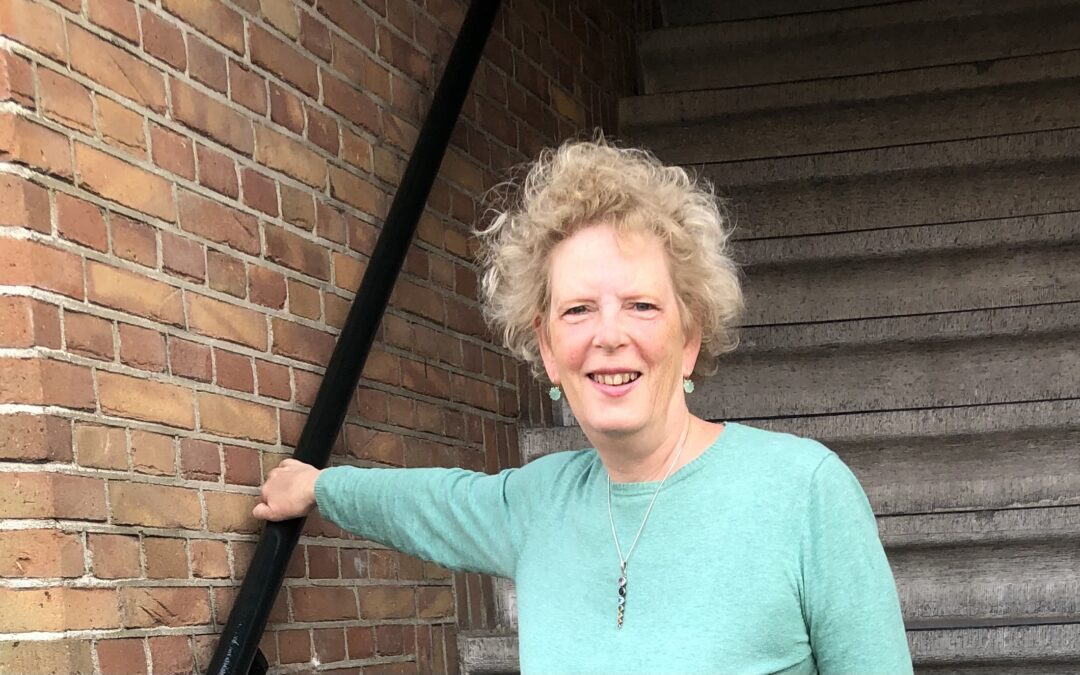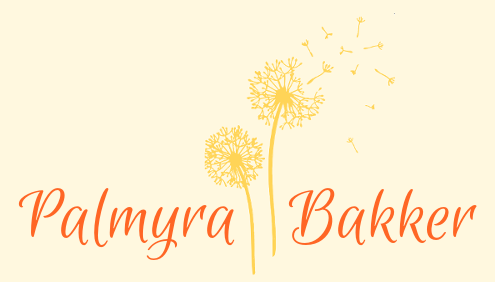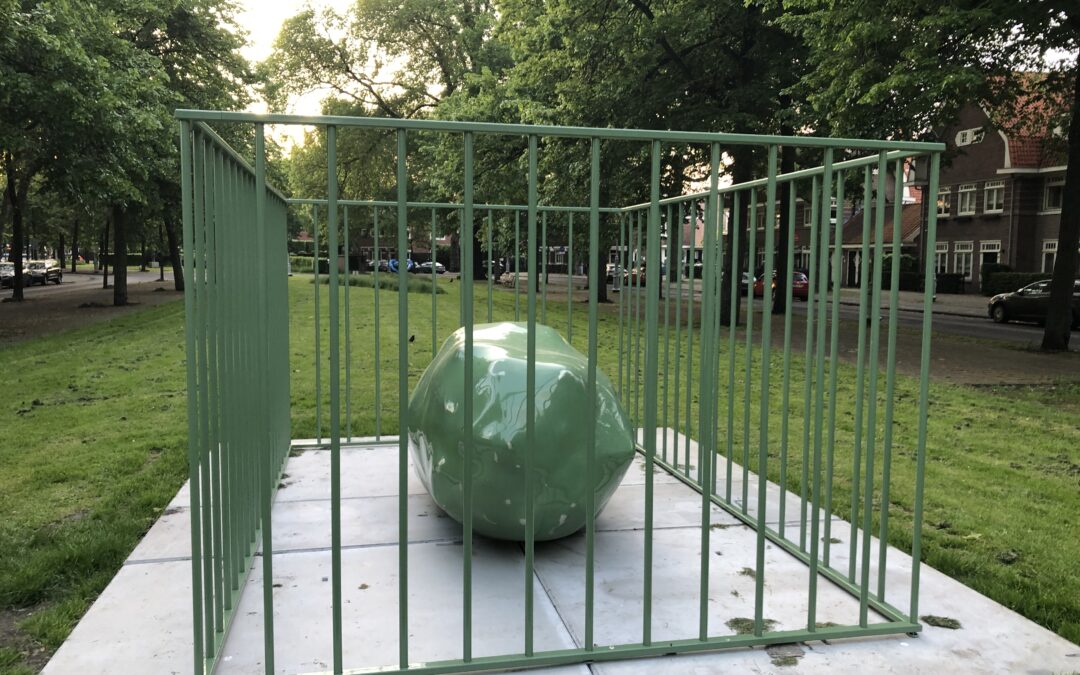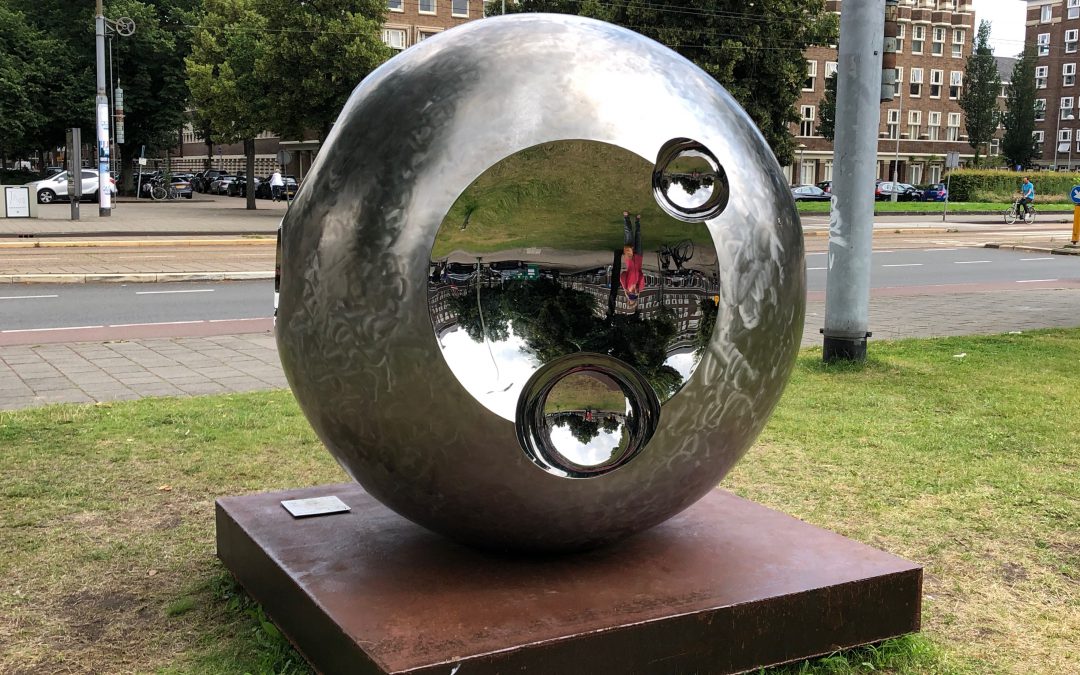Ronald A. Westerhuis – Shine 2021
Part 2 of the ArtZuid series
This second sculpture reminds me of a world upside down. When grieving you can experience this, as due to a drastic loss your life has changed forever. Your world is quite literally upside down.
The American grieving expert William Worden distinguishes four grieving tasks, which you possibly might recognise.
Task 1: Facing the reality of your loss
The loss feels so unreal, that our mind suppresses it in the first instance. Some denial can serve a purpose in that it allows you to slowly absorb the full weight of the loss. Mentally you know it, but the emotional awareness comes later. A friend once told me that when her father had passed away, she was angry at the world and the trees, as they went on living through the seasons and got new leaves. The world around her continues and her life stood still and felt upside down. After a while you will realise that the loss has occurred, which is the first step towards adapting and moving forward.
Task 2: To work through the Pain of Grief
Acknowledging your feelings and working through a range of different emotions is important. Among others sadness, fear, loneliness, despair, hopelessness, anger, guilt, blame, shame and relief. Also physical pain can be a way to express your feelings. These complex feelings can be confusing, tiring and also painful.
Task 3: Adjust to an Environment without the Deceased
The permanency of being without what has been lost can be overwhelming. In the beginning everything will remind you of your loved one. With every song I heard, I could relate the lyrics to Paul, my partner who had died and I felt the absence. Interactions with others change as the environment reacts differently to a couple than to a single person. You may need to learn a wide array of new skills and tasks or outsource them. You miss the atmosphere you had together and also the future goals are not the same anymore. You have to adjust and adapt to the new normal, which entails reorienting and restructuring what you do without your loved one.
Task 4: To integrate the loss in your life.
This is about finding an enduring connection with the deceased while embarking on a new life. Your loved one will always be a part of your live, only physically your loved one is not there anymore. The connection will be shaped differently, they also call this the symbolic bond. Do you carry for example something symbolic, which reminds you of your loved one?
The grief will become less and doesn’t control your whole life anymore. Of course there will still be difficult days but you can begin to meaningfully engage in things that bring pleasure and open up to new relationships.
There are many grief theories and none are proven to be the absolute truth. These are certainly helpful and relevant tasks, but if you do not feel like you have completed them that is not a reason to panic. It may mean you are still working through the process or it may mean that this is not the model that best reflects your own experience. Grief is unique for all of us. In case you want help or would like to talk about it, feel free to contact me.






Recent Comments